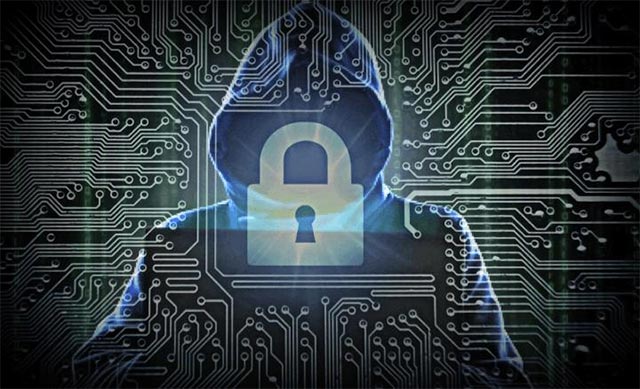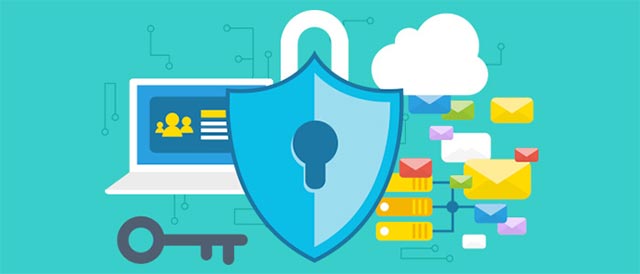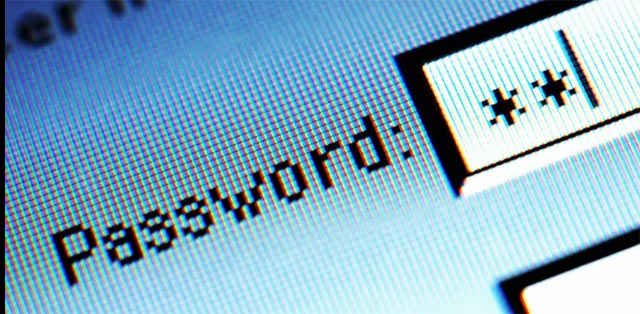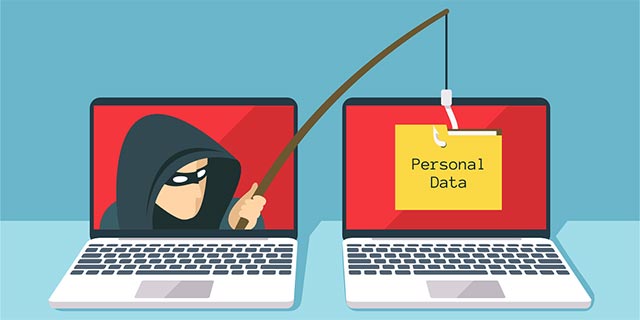Young people are too confident when talking about online security!
When talking to many young people who are in daily contact with technology even more with relatives or friends, many of them tell me that humanity is really living at the height of public technology and information security. Is this thought correct?
Of course I do not dare to assert that any young person has this thought, but a recent survey has shown an 'alarming' result of young people showing confidence. to the point of being "outrageous" when talking about keeping your online accounts safe.

- A very large black web market has just been destroyed
Specifically, a poll conducted by market research firm Harris Poll conducted a survey of 3,000 adults in the US on personal account security issues on the internet. As a result, up to 78% of people in the 'Gen Z' group (aged 16-24 years) admit they used to or are using the same password for many online accounts.
'It can be said that young people are true residents of the technology world. Many of them cannot remember the time when the internet, smartphone has not 'invaded' the earth, how life takes place. Some even choose not to live without computers and smartphones for even 1 day. I think such things will have a big impact on how young people think about technology and security, 'said Emily Schechter, product manager at Chrome Security at Google.

- More than 4,000 Office 365 accounts are affected by account hijacking attacks
Return to the Harris Poll survey. Surprisingly, the 'Baby Boomers' group (aged 50 and older) are the ones with the most active account security habits with only 60% of them using the same password on multiple accounts, while This figure for people from 25 to 49 years is 67%.
Obviously we all know that in many cases, using the same password for different online accounts is not a good idea. In addition, there are many other issues to consider in choosing and managing passwords that are safe and important enough to be 'strong'. For example, an 'acceptable' password must ensure there are more than 8 characters, or use a combination of uppercase - lowercase and even numbers. Besides, you can also use password management tools to manage multiple passwords in a more scientific and efficient way.

- Dell computers became victims of RCE attacks by vulnerabilities in SupportAssist
On the other hand, young people are also too confident in talking about cyber fraud, of which 71% of respondents in the Gen Z group say they will never become victims of any Any online scam, but the 'funny' thing is that only 44% of them actually answer what the "online scam" question means.
Meanwhile, the majority of 25-49 year olds and Boomers do not dare to be confident that they will not become victims of online scams, and these people will also better understand "scams." What is online "really.
- [Infographic] How to recognize and prevent Phishing attacks
However, young people also do not completely neglect security. Harris Poll found that Gen Z is the group with the highest two-step verification method with 76%. While only 62% of Baby Boomers members use the same security features, and those for 25-49 years old are 74%.
Talking about this result, security expert Emily Schechter said: 'Although it is often advisable for everyone, regardless of age, to try using internet safety tips that we (Google) I have recently shared, but I also think that software developers should build software that is easier to use and use for people of all ages. In fact, each of us does not need to be a security expert to be safe while operating online, and we do not need to understand the 'in-depth' concepts as evidence. What is security only or need to remember complex passwords for each online account. All of the above are the responsibility of security experts, researchers as well as security application development companies. '

- McAfee expert explained how deepfake and AI are drilling through the cyber security wall
Emily Schechter's position is absolutely correct. But from a personal perspective, I think that each of us should still equip ourselves with the appropriate security knowledge and plans to ensure our own safety in a proactive way. than.